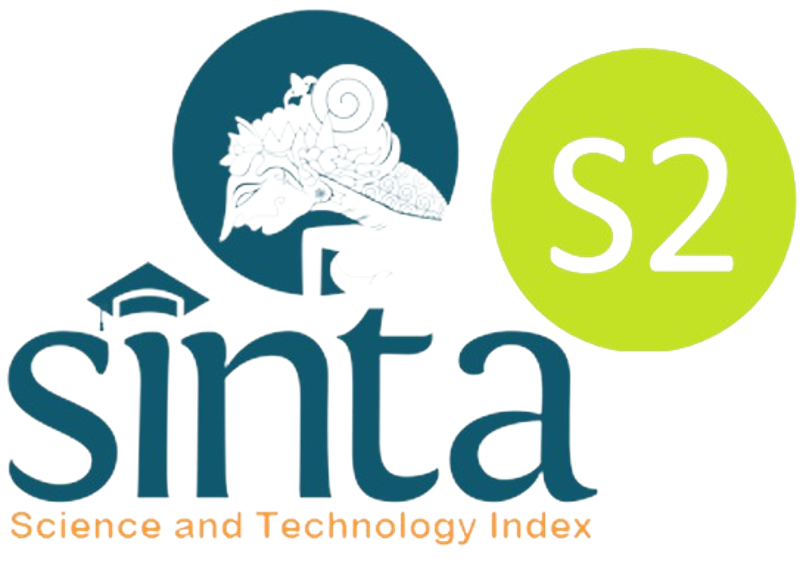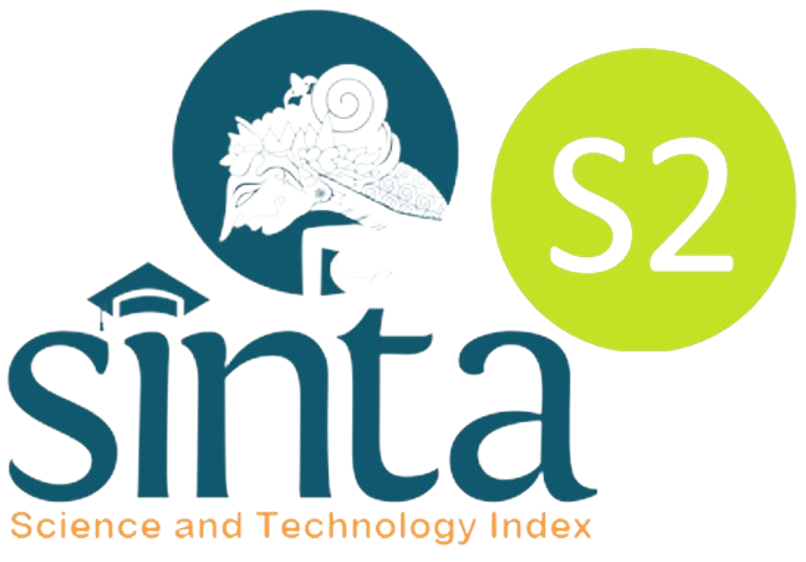LEARNING DEVICE REQUIREMENT SCIENCE EDUCATION BY PROBLEM BASED LEARNING (PBL) TO INCREASE HIGH ORDER THINKING SKILLS JUNIOR HIGH SCHOOLS
DOI:
https://doi.org/10.26740/jpps.v9n2.p1797-1803Keywords:
Problem Based Learning, High Order Thinking SkillsAbstract
At this 21st century, thinking ability for students based on High Order Thinking Skills. This research was to analyze learning device requirement science education by Problem Based Learning to increase High Order Thinking Skills junior high school. This research method is using 4D model. Learning tools developed consist of syllabus, lesson plans, work sheet, and assessment sheets. The device was tested in class IX with a total of 20 students in one of the junior high schools Pasuruan. Data collection using the method of validation, observation, tests, and questionnaires. Data analysis techniques using quantitative descriptive methods. The findings of the research are: (1) the validity of the learning kit with an average syllabus component, lesson plans, worksheet, and assessment sheet obtaining a very valid category so that it can be used in teaching and learning. (2) the practicality of learning tools is obtained from the implementation of lesson plans from two observers with very good categories so that it can be concluded practically in learning activities and the obstacles encountered during learning activities can be overcome without the learning process experiencing significant disturbances. (3) effectiveness is indicated by the increase in HOTS characterized by n-gain results were 19 students as high and 1 student as moderate, while the students' responses to the learning component are happy, interesting and makes learning material easy to understand. Based on data analysis, it can be concluded that the natural science learning material based on PBL model is feasible to increase HOTS.
Downloads
References
Anderson, L. W. (2001). A Taxonomy For Learning, Teaching, and Assesing, A Revision of Bloom's Taxonomy of Educational Objectives. New York: Addison Wesley Longman, Inc.
Basuki, d. (2014). Learning Assessment. Bandung: PT. Youth Rosdakarya Offset.
Ganaden, M. S. (2008). Creative Activities and Student' Higher Order Thinking Skills. Journals.upd.edu, Vol. 66 (1). 22-23.
Kemendikbud. (2016). Regulation of the Minister of Education and Culture No. 24. Jakarta:
Ministry of Education.
Magsino, RM (2014). Enhancing Higher Order Thinking Skills in a Marine Biology Class through Problem Based Learning. Asia Pacific Journal of Multidiciplinary Research, P-ISSN 2350-7756. E-ISSN 2350-8442. Volume 2, No. 5.
Martin, MO (2016). TIMSS International 2015 Result in Sciece. International Association for the Evaluation of Educational Achievement.
Mayasari, RA (2015). Influence Learning Model Based on pembelajran Biological Problems Of Learning Outcomes and Higher-Order Thinking Skills in high school. Indonesian Journal of Biological Education, Volume 1 3 Pages 255-262.
Nur, Muhammad. 2011. Problem Based Learning Model. Surabaya: Center for Science and Mathematics School UNESA.
Noma, LD (2016). Problem Based Learning to increase High Order Thinking Skills for Class X High School. Bioedukasi, ISSN: 1693-265X, Volume 9, Number 2, Pages 62-66.
OECD. (2018). Result 2015 PISA in Focus.
Permendikbud No. 68. (2013). Basic Framework and Curriculum Structure The first middle school / Islamic. Jakarta: Kemeterian Education and Culture.
Puspendik. 2019. Pusat Penilaian Pendidikan Kementerian Pendidikan dan Kebudayaan. (Online) https://puspendik.kemdikbud.go.id/hasil-un/
Research and Development Agency, Ministry of Education and Culture (2018). Executive Summary 2018 National Examination Results Iinput for Learning in Schools. Jakarta: Education Assessment Center.
Richland, LE (2015). Analogy, Higher Order Thinking, and Education. Wires Cognitive Science, VOL 6: 177-192.
Sani, RA (2016). Authentic Assessment. Jakarta: Earth Literacy.
Wough, C. &. (2013). Assessment of Student Achievement. Boston: Person Education, Inc.
Zohar, A. D. (2003). Higher Order Thinking Skills and Low Achieving: Are They Mutually Exclusive. The Journal of the Learning Science, 12 (2). 145-181.
Downloads
Published
How to Cite
Issue
Section
 Abstract views: 403
,
Abstract views: 403
, PDF Downloads: 375
PDF Downloads: 375












